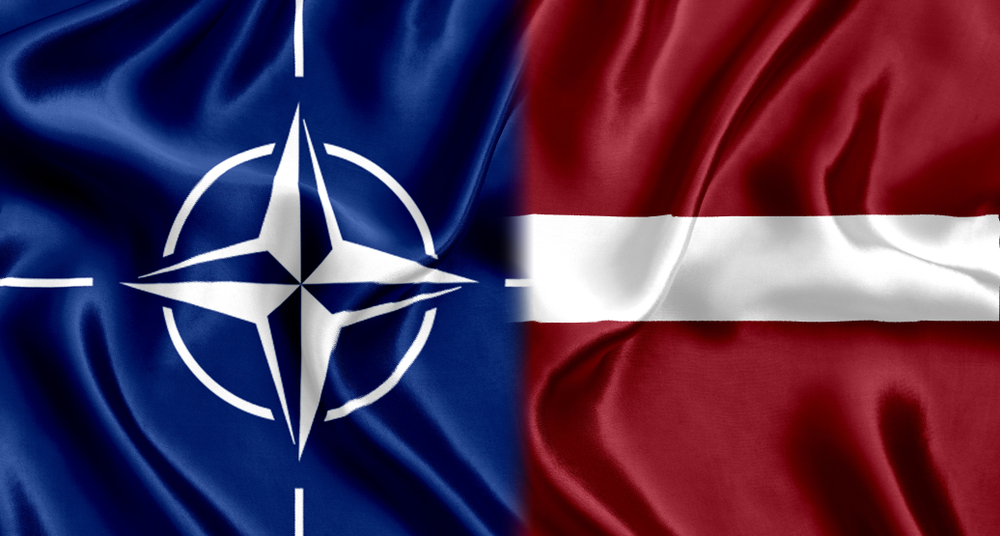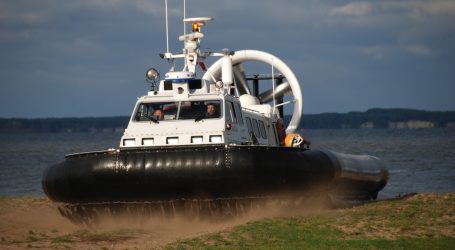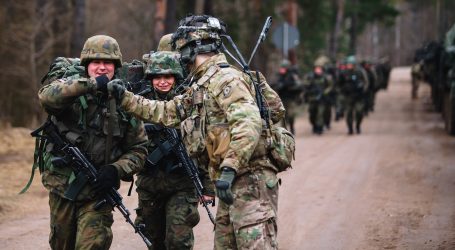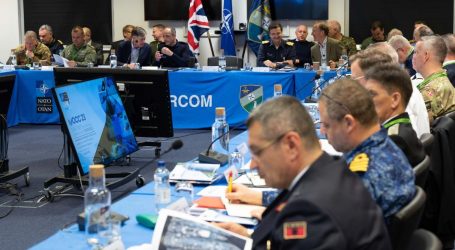If we had not joined NATO, we would have been an easy target for Russia
Joining NATO was our wisest decision; if the Baltic countries had not joined the Alliance, they would have been an easy target for Russia, Latvian Transatlantic Organisation (LATO) Secretary General Sigita Struberga tells PAP.
29 March marks 20 years since Lithuania, Latvia and Estonia joined NATO, along with Bulgaria, Romania, Slovakia and Slovenia. This was the largest simultaneous enlargement of the organisation in history. Poland is celebrating the 25th anniversary of its entry into the Alliance this year.
‘Joining NATO was the smartest decision for the Baltic states and ‘a skilful use of an opportunity’ that some other former USSR countries did not have the chance to take advantage of,’ emphasises the PAP interviewee. If we had not joined NATO, we would have been an “easy target for Russia”, and it is unclear whether Ukraine or the Baltic states would have been attacked, she adds.
According to her, over the years NATO has managed to adapt to new conditions and contemporary geopolitical security challenges. This is evidenced, for example, by the Strategic Concept, in which the Alliance has fundamentally changed its approach to Russia, defining it as a threat, the way China is defined has changed, Struberga mentions. The Alliance is also responding to new challenges in cyberspace, he points out.
Another example of NATO adapting to current conditions is the new defence plans for the eastern flank, and this is of course one of the most important issues for us, adds Secretary-General LATO.
As far as our role in the Alliance is concerned, in my opinion, we have gone from being security recipients to equal partners in NATO. Of course, Latvia’s contribution and that of the US cannot be compared, but I still believe that we are equal partners and, together with other countries, we are also security providers, the Latvian expert argues.
In her opinion, a Russian attack on a NATO country is possible, but the focus should be on strengthening Russia’s deterrence capabilities to prevent this scenario from materialising.
Deterring Russia means preparing for war. It does not mean that a war will happen, but deterrence itself means that we signal readiness and that the cost to Russia will be higher than what it will gain as a result of a potential conflict with NATO,” emphasises the PAP interviewee.
Asked how she sees the future of NATO, Struberga assures that there are no fundamental concerns when it comes to the sustainability of the Alliance. At the same time, she admits that the US presidential election in November “may involve some challenges”.
Source: PortalMorski.pl




